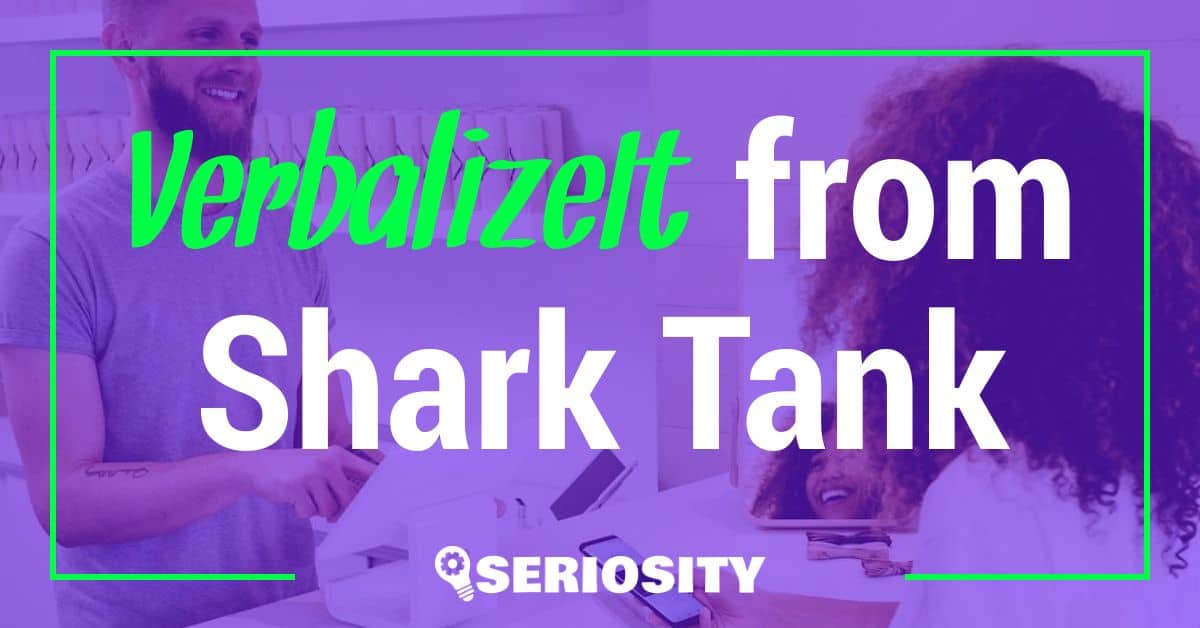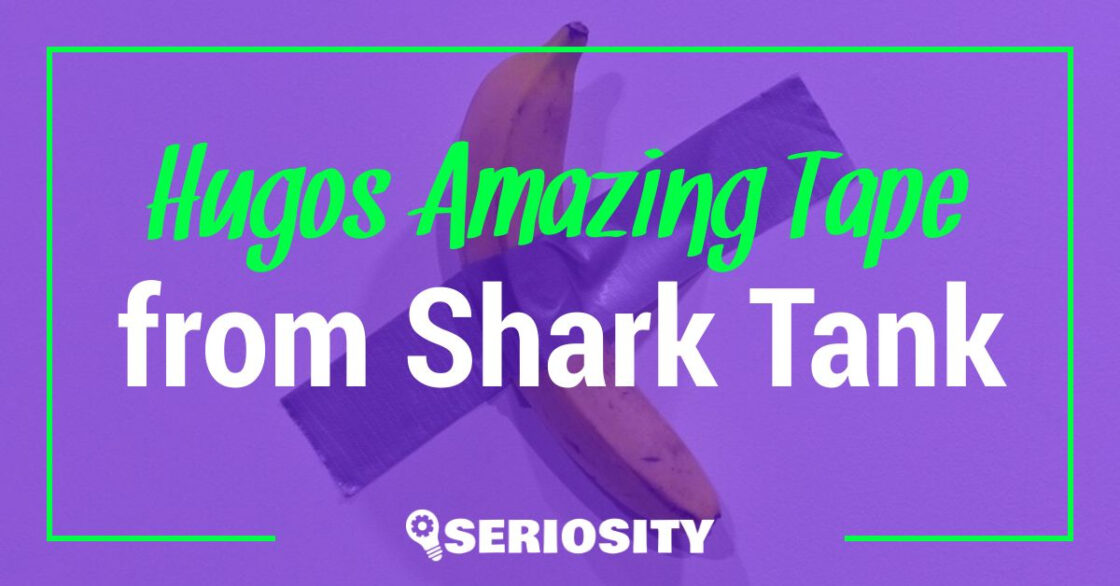If you’re unfamiliar with the language of the foreign land you’re traveling to, you’re bound to run into trouble and perhaps the wrong building. Entrepreneurs Kunal Sarda and Ryan Frankel found themselves lost and helpless enough times to come up with VerbalizeIt. This translation app connects confused travelers with live human translators within 15 seconds.
The market already has its share of algorithmic translators. Unfortunately, these miss out on details on the dialect, accent, and cultural nuances of communication that only a human can effectively convey.
VerbalizeIt was developed to reduce language-based communication barriers by putting thousands of translators at the user’s fingertips.
Are they still an active company?
In December 2016, VerbalizeIt was acquired by Smartling. They host a more extensive database of translators from more corners of the world. It offers services to translate documents, audio files, videos, and software.
How did the Shark Tank pitch go?
Business meets theatre! Sarda and Frankel walked up to the Sharks accompanied by Erika, a translator. They began their pitch in a foreign language, and Erika translated for the Sharks, thereby bringing the translation process of VerbalizeIt to life.
Sarda and Frankel opened the floor seeking an investment of $250,000 for a 15% share in the company.
Before the conversation could be about the numbers, the Sharks inquired about their academic background and other details to better understand the app. The entrepreneurs being Wharton graduates impressed the panel.
Mr. Wonderful wondered if their database of translators was sufficient to handle the traffic of international travelers. The duo shared that they’ve gathered 2000 translators worldwide, who provide translation in five languages round the clock. Robert Herjavec had concerns about the availability of the translators 24/7; Frankel stressed that people’s desire to make money in their spare time motivates them to be available to the app and its users.
Moving away from languages and toward numbers, the app’s business model was discussed. Herjavec was interested to know the cost of downloading the app. He was informed that VerbalizeIt is free to download; however, after the first free call (which serves as a trial of the service), the user buys translation minutes.
Kevin O’Leary probed about the sales made, and the pair disclosed they’d made $10,000 in sales in the past fortnight, pocketing 70% in profit.
Mark Cuban asked how long they had been in business; Frankel responded that the app had been live for a month.
Daymond John inquired about quality control of the translation service. Frankel reassured him that they are working with top recruits from language centers around the world who come heavily endorsed.
Kevin’s curiosity was still not satiated; he wondered if there was a rating system for the call. Frankel confirmed that there was one that enables translators to build their profile and credibility. This is linked to making more money; one of their translators earned $550 in two days.
Barbara Corcoran, who had been quiet and reflective, wondered what made VerbalizeIt different from other translation apps. Frankel’s assertion that machine-based translation doesn’t work was cut short by Cuban, who boldly countered.
Cuban strongly believed that machine-based translation works well for businesses, and it would do the duo well if they focused on recruiting translators who understood the world of business. Companies would pay top-dollar for top-shelf service for a significantly larger volume of work.
The pair revealed that they had made a deal with Skype to be an in-call service, which astounded the Sharks!
Barbara and Daymond were the first Sharks to remove themselves from the conversation. Mark expressed that he believes human translators might be satisfactory for travelers; however that is not where the value is. VerbalizeIt needs to tap into business communication.
Mark and Robert made the same offer, which was $250,000 for a quarter stake in the company. Mr. Wonderful offered the same sum for a 20% stake in the company.
The duo stepped out to have a quick sidebar in the face of three offers. They returned asking if the Sharks would like to revise their offers. After a little dialogue, the entrepreneurs chose Kevin O’Leary as their partner.
Our Review of VerbalizeIt
We are blown away by the scope of application of VerbalizeIt. The initial potential was to figure out where the nearest bathroom was in a new country. Now, it is used to translate audio files, videos, documents, softwares, and websites.
Pros of VerbalizeIt
- Access to content where the language was previously a barrier
- The app works with Wi-Fi which keeps the roaming charges at bay
- Translation of accent, slang, and nuances that algorithmic apps might not pick up on
- Get connected with a human translator within 15 seconds
- Translators are available 24/7
Cons of VerbalizeIt
- Limitations in the number of languages that can be translated
- Human translators might not have business backgrounds that limit their service to casual interactions
Who Is VerbalizeIt For?
VerbalizeIt is for the individual lucky enough to travel but has the misfortune of not knowing that country’s language. After being added to Skype’s list of featured apps, it allowed professionals with foreign stakeholders and partners to use it in concalls.
Are There Any Alternatives?
Google Translate seems to be removing language barriers as well without the participation of a third individual. It can translate into multiple languages through speech and text. It can also translate menus into your language of preference.
Trip Lingo, Voice Translator, Instant Translator, iTranslate Translator and Dictionary, and Translate Voice are alternatives. They are all free, with some having in-app purchases.
Our Final Thoughts
It’s the travel companion we all need. This is an excellent tool for the casual traveler who finds machine translation clunky and finds comfort in a human translating for them. Removing language barriers can make day-to-day communication effortless and open avenues for global work opportunities and business growth.





